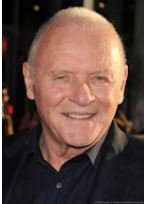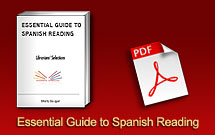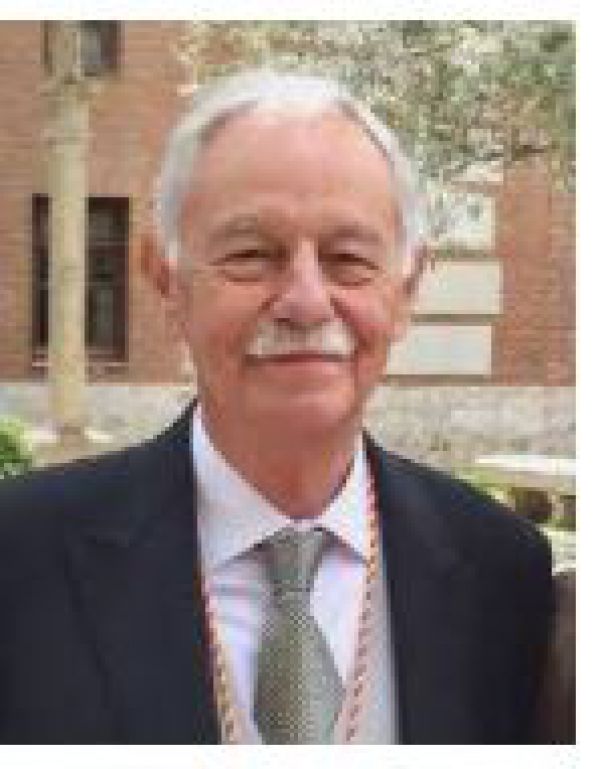 |
|
 |
|
|
 |
|
Santiago Díaz
A year later, an old man turns himself in to the police claiming to be the kidnapper of three missing persons: his son’s defense attorney, the judge who convicted him, and a young student who testified against him at trial. Convinced that the three were bribed, the man assures that one will die every week until the real murderer of his daughter-in-law is arrested and his son is released.
|
|
|
|
 |
|
|
 |
|
Karina Sainz Borgo
A new novel by Karina Sainz Borgo, author of La hija de la española / It Would Be Night in Caracas, winner of the Grand Prix Madame Figaro and finalist of the Literaturpreis: the latest sensation in Spanish literature. Her works have been translated into 26 languages and she has been compared to....
|
|
|
|
|
|
 |
|
Mario Borghino
After the onset of COVID-19, uncertainty has become so astounding and the level of volatility is such that it is essential for us to completely rethink traditional strategic models, as well as concepts that can help us control things that are out of our hands.Faced with this “new normal”, potential complications and new struggles are almost certain, ...
|
|
|
|
 |
|
|
 |
|
After the triumph of the Sandinista front, in a restaurant in Managua located in the newly born Plaza de la Revolución, three guerrillas enthusiastically recall that glorious July 19 and the cheers of the crowd as they celebrated the overthrow of the dictatorship. However, they cannot be satisfied while Anastasio Somoza Debayle is "happy with life ....
|
|
|
|
|
 |
|
|
 |
 |
Anthony Hopkins
Welsh actor, director, film producer and composer
|
|
Anthony Hopkins is once again iconic on the film The Father, for which he is again nominated for an Oscar. The plot places the audience in the position of understanding the story from the confusion of memory; where logic fails, time bends and the eyes play tricks. In a succession of discontinuous scenes, family members merge and diverge amid the collapse of reality, leaving not only a grieving main character, but viewers in awe.
|
|
|

Download the Essential Guide to Spanish Reading |
|
|
|
|
|
|
|
|
|
|
|
 |
 |
|
El Mundo interviews the Spanish writer Eduardo Mendoza
|
|
|
“After the Franco regime and the Transition, the writer ends his trilogy on modern Spain with 'Transbordo a Moscú' (Transfer to Moscow). Sometimes Eduardo Mendoza (Barcelona 1943) likes to write standing up on an old high desk. He leaves the house and walks a few meters to his small study: just a bookcase, a desk with a red vintage lamp that his wife gave him, a black umbrella hanging on the wall and that desk from another era that is no longer manufactured. In this sober space he tries to keep office hours: «It is good to maintain a certain distance, discipline and order.
|
|
|
 |
 |
Pero ¿esto qué es?
Carmela Trujillo
|
|
|
Night falls and all the animals on the farm prepare to go to sleep ... all except Mr. and Mrs. Murcielaguez, who go out looking for food. Murcie and Lago, the two youngest members of the family, must remain in the stable, despite their protests. Suddenly, a strange animal enters the door. "Could it be our cousin, the one living abroad?" They ask. But, as Mr. Cabállez knows, bats don't have spikes, do they? This is a fun story about family, differences, and love.
|
|
|
|
 |
UNSUBSCRIBE
We value our relationship with our customers. The information you provide is confidential.
You can unsubscribe at any time using the link at the bottom of any email you receive from us. |
|
|
|